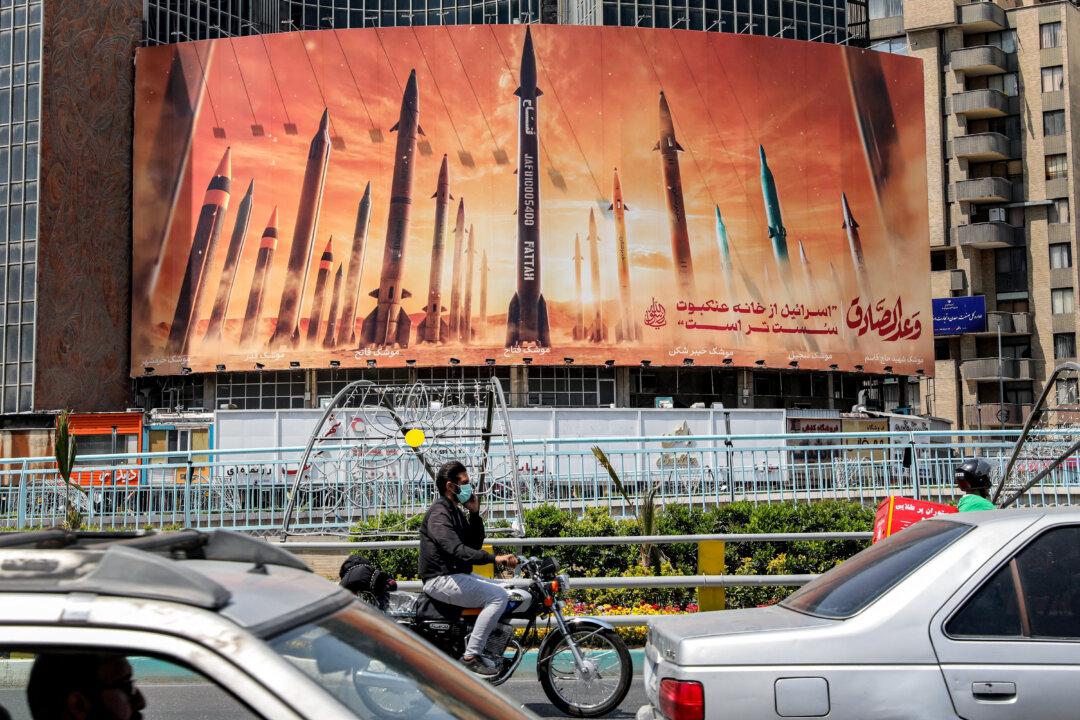Commentary
Perhaps the most thought-provoking article exposing the psychological war being waged against Israel was written by Yaakov Katz, an American-born Israeli journalist and former editor of The Jerusalem Post.

Perhaps the most thought-provoking article exposing the psychological war being waged against Israel was written by Yaakov Katz, an American-born Israeli journalist and former editor of The Jerusalem Post.